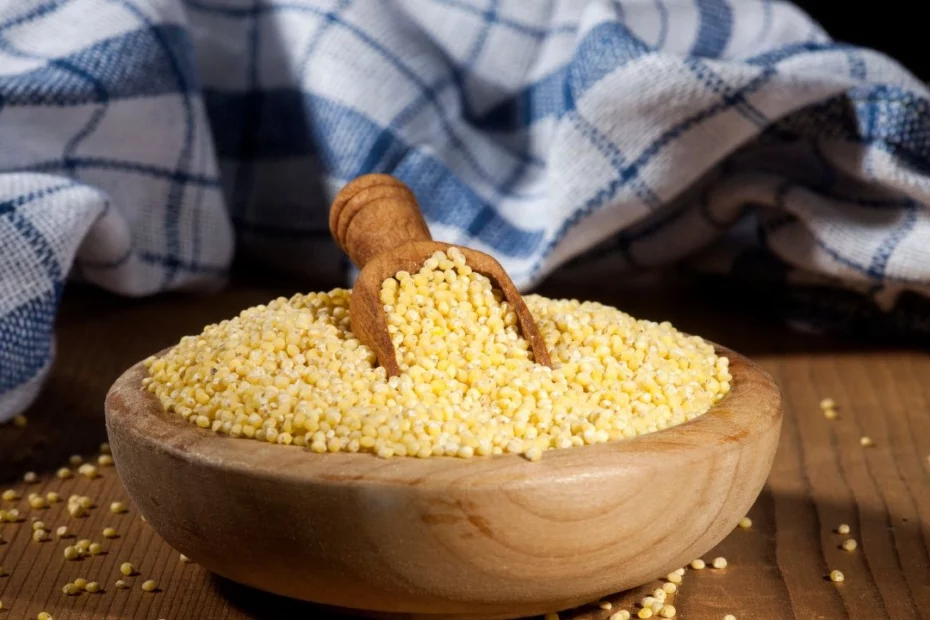Doctors typically advise people with diabetes to closely monitor their carbohydrate intake in order to avoid taxing the pancreas. But cutting back on carbohydrates doesn’t imply doing away with them entirely. In fact, some grains may be beneficial for diabetics. All you need to do is understand how to combine them healthfully.
Diet is a key component of managing diabetes since it helps to keep your blood sugar levels steady and keeps you healthy overall. There are many different grains that are suitable for people with diabetes besides brown rice, which has long been recommended as a mainstay. We will examine a variety of grains other than brown rice in this blog post that are not only healthy for diabetes but also have a wide range of tastes, textures, and nutritional advantages.
The Best Grains for People with Diabetes:
A wide range of nutritional advantages are provided by these grains, including a high fiber content, a low glycemic index, and necessary vitamins and minerals. You can enjoy a varied and nutritious diet while successfully controlling your blood sugar levels by including these diabetic-friendly grains in your meals. A certified dietician or healthcare expert can help you customize your diet to suit your unique needs and interests.
- Millets: Millets, including foxtail millet, pearl millet, and finger millet, are ancient grains that have become popular because of how well-suited they are for people with diabetes. Complex carbs and a high fiber content in these grains help control blood sugar levels and prevent sharp drops. Additionally, millets include essential minerals including magnesium, which promotes the production and usage of insulin.
- Quinoa: Quinoa is full of protein, fiber, and other minerals. It helps control blood sugar levels and has a low glycemic index. Minerals like magnesium and iron, as well as antioxidants, are abundant in quinoa.
- Buckwheat: Buckwheat is free of gluten and high in fiber, both of which support healthy digestion and blood sugar levels. It also includes flavonoids, which have antioxidant effects, as well as necessary minerals like magnesium and manganese.
- Amaranth: Amaranth is rich in protein, fiber, and essential minerals including calcium and iron. It lowers blood sugar levels and has a low glycemic index. Lunasin is a rare peptide found only in amaranth, and it may have anti-diabetic properties.
- Barley: Beta-glucan, a type of soluble fiber found in large quantities in barley, serves to slow down the absorption of glucose and enhances glycemic control. Additionally, it has antioxidants, vitamins, and minerals that improve general health.
- Oats: Oats are a wonderful source of soluble fiber, which promotes heart health and helps to control blood sugar levels. Additionally, they include a lot of vitamins, antioxidants, and minerals including magnesium and potassium.
- Sorghum: Sorghum is a grain with a low glycemic index and is gluten-free. It has a lot of fiber, protein, and antioxidants, all of which help to improve overall health and blood sugar regulation.
- Wild rice: Wild rice is a filling whole grain that includes phosphorus, zinc, fiber, and a number of other minerals. It has a low glycemic index, offers long-lasting energy, and aids in controlling blood sugar levels.
- Bulgur: Bulgur is a whole grain cereal and contains carbohydrates, it is still a good choice for those with diabetes when replaced with refined carbs.It is a fantastic source of nutritious nutrients, high in fiber, and rich in protein. Bulgur takes longer to digest because of its high fiber content, which maintains steady blood sugar levels.
A variety of health advantages, including better blood sugar control, improved digestion, higher nutritional intake, and a decreased risk of chronic diseases, can be obtained from having these diabetic-friendly grains in your diet. Remember to keep an eye on portion sizes, and customize your meal plan according to your unique needs and preferences by working with a healthcare provider or registered dietitian.

